Logan meaning of the name: Name Meaning, Popularity and Info on BabyNames.com
Posted onSpiritual meaning of the name LOGAN
What is the spiritual meaning of the name Logan?
Introduction
Many names have spiritual meaning attached to them, and in this article, we will be looking, in detail, at the name Logan.
In 2020, Logan was the 16th most common boys name used for newborns and the 317th for girls – it is a name that is commonly used for both sexes nowadays, although it has predominantly been a name attributed to men.
The name Logan is Celtic, and its main spiritual meaning is ‘devoted to God.’
It is said to come from the surname ‘Logan’ or ‘O’Logan.’
It has also been suggested that the name Logan may have been derived from the Irish surname O’Leoghain, which means “descendent of the warrior.”
With its meaning so closely linked to God, it is certainly a name that carries a lot of spiritual significance.
Spiritual meaning of the name LOGAN
Numerological meaning
Every word and name has a numerological underpinning, and the number associated with Logan is the master number 22.
Any name that has a master number at its core is a powerful one and often carries a lot of responsibility, however, the number twenty-twos are more than capable of carrying this responsibility with ease.
They are action-takers and strong, resilient types who are more than capable of leading themselves and others through times of struggle.
This number also indicates that anyone with it will be very successful in all they do, so to be given the name Logan at birth is a sign of strong guidance from the parent’s guides and angels that their baby is going to go on to do great things in life.
These achievements and successes could very well be to do with helping mankind in some way, as the number 22 also has a spiritual and sensitive side, which makes those with this number very attuned to the needs of others, combined with the capabilities of making things happen.
Other meanings
Another meaning of the name ‘Logan’ is ‘Little Hollow,’ derived from the Gaelic word ‘log/lag.
Little hollow refers to a small meadow-like area of land surrounded by higher ground.
The spiritual meaning of this could be indicating that, again, Logan is someone who is very protective of their land and their space, as well as being very caring for those that matter to them.
The meaning of ‘descendent of the warrior’ shows how powerful and accomplished Logan will be, and this trait is one that should be nurtured in order for ‘Logan’ to become their very best self.
ALSO READ: Spiritual meaning of forgetting dreams
Characteristics
As well as the numerological insights given, Logan has many other characteristics which tie in with this interpretation.
Logan is strong, powerful, and determined, as well as being somewhat stoic and structured in his approach to life.
Being so structured and sometimes immovable can mean that Logan comes across as cold-hearted or mean, but it is simply due to the nature of their personality.
Being so structured and determined, Logan will be destined for a great career in a role that demands perfection, accuracy, and an ability to work on monotonous tasks for long periods of time.
It could be a struggle sometimes, though, as they will feel a very high level of responsibility for everything that is going on in their lives, for example, familial responsibilities, which may stop them from being fully engaged in the work they are doing.
If this responsibility is not handled well, it could overpower all aspects of life, simply because Logan feels such a keen desire to look after those close to them.
This could also lead to a sense of anxiety in life if too much pressure is put upon them, so it’s important for Logan to take time out and care for themselves, before others, from time to time.
ALSO READ: What is the spiritual meaning of katydid?
Other characteristics
Due to the nature of the way Logan thinks and works, in a very methodical fashion, there can be a tendency to become somewhat guarded and lonely, as they may feel that nobody else is able to work at their level.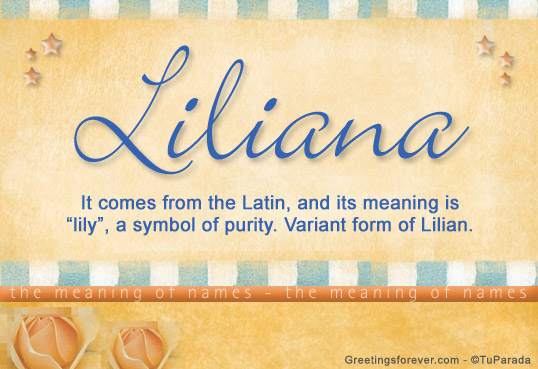
Being something of a perfectionist can mean that nothing is ever good enough, leading to not only a sense of isolation but also to taking on too much work for the fear that ‘no one is as good as me.’
An area of development for Logan is to learn to let go of some responsibility and control in order to live a life that is more spontaneous and in which they are able to have more fun.
When they do let go, they’re able to connect back to the side of themselves that is ‘descended from warriors’ – that is, to allow themselves to run free, to get out in nature and fight for what they believe in, and to connect with the primal instincts that are very prevalent within them.
Remember, also, that Logan means ‘devoted to God’, so it is certainly of importance to look into this spiritual connection, should it feel aligned with their overall beliefs and morals.
It’s not to say that every Logan will feel the call to connect with this part of themselves, but if there is a sense of a pull towards God, then this shouldn’t be ignored – there’s a reason for it, and it is, quite literally, ingrained in them from birth.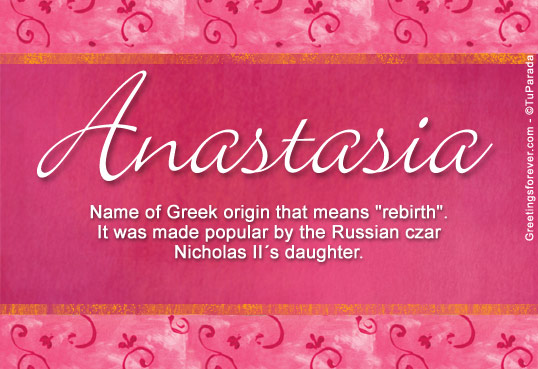
Takeaway
Whilst all of this interpretation is relevant and recognized widely, it is important to note that each individual person is different in their own right, so take what feels right, ponder on new information and enjoy the journey of learning more about yourself and how you show up in the world.
Image source – https://pixabay.com/photos/beanie-guy-man-beard-jacket-grey-2562646/
ALSO READ: Grand rising spiritual meaning
Logan Name Meaning, Family History, Family Crest & Coats of Arms
- Origins Available:
- Ireland
- Scotland
Sale
Family Crest Download (JPG) Heritage Series — 600 DPI
$14.$10.15

|
ADD TO CART
The surname Logan comes from the original Irish sept name O Leoghain. Lohan sometimes been unusually mistranslated into Duck, the Irish word for duck being «lacha» which bears only a slight similarity to the original. [1]
The surname sometimes appears as Logan, but in many cases, especially in Ulster, this name is of Scottish descendent, brought to Ireland by the plantations.
Loading…
Early Origins of the Logan family
The surname Logan was first found in County Westmeath (Irish: An Iarmhí) in the Irish Midlands, province of Leinster, where it belonged to the sept whose chiefs were lords of Gailenga Mor, now Morgallion. The annals tell the story of how the men of Teffia (County Meath) slew Cuan O Lothchain, the chief poet of King Malachy II, in 1024 and died miraculously as retribution.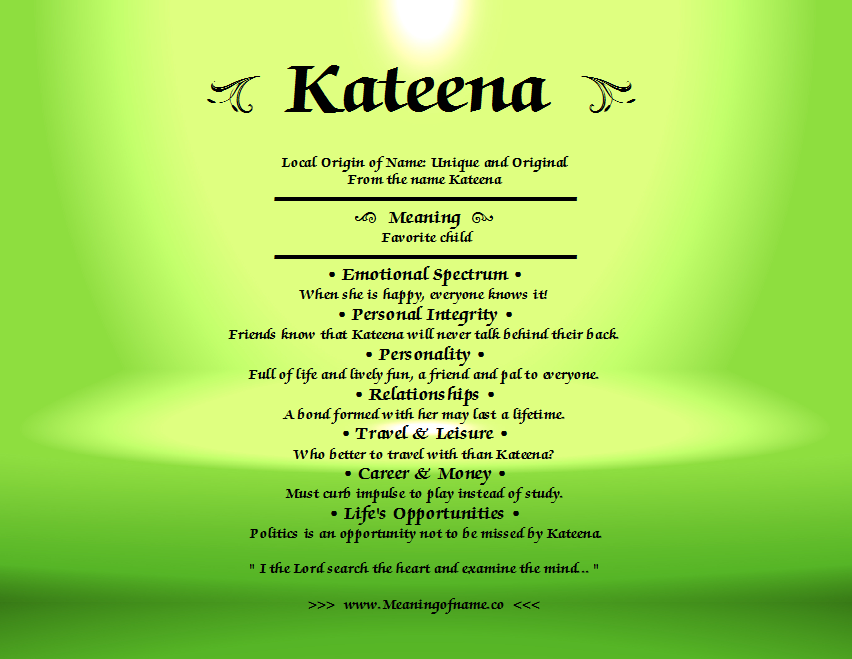
Loading…
Early History of the Logan family
This web page shows only a small excerpt of our Logan research. Another 66 words (5 lines of text) covering the years 1418, 1439, 1806, 1853, 1839, 1909, 1932 and 1899 are included under the topic Early Logan History in all our PDF Extended History products and printed products wherever possible.
Loading…
Logan Spelling Variations
Spelling variations of this family name include: Lohan, O’Lohan, Loughan, Loghan, Logan, Duck and others.
Loading…
Early Notables of the Logan family (pre 1700)
Another 41 words (3 lines of text) are included under the topic Early Logan Notables in all our PDF Extended History products and printed products wherever possible.
Logan World Ranking
In the United States, the name Logan is the 454th most popular surname with an estimated 62,175 people with that name.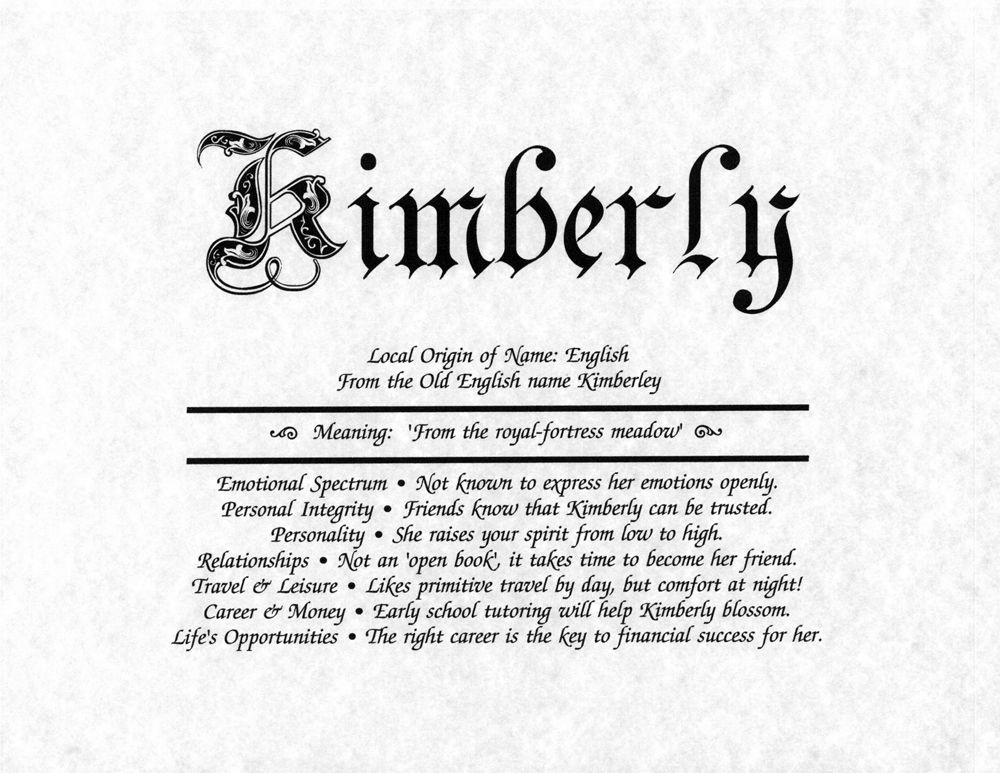
Loading…
Logan migration to the United States +
Some of the first settlers of this family name were:
Logan Settlers in United States in the 18th Century
- David Logan who settled in Virginia in 1740
- William Logan, who arrived in Augusta County, Va in 1740 [7]
- Colon Logan, who landed in Philadelphia, Pennsylvania in 1746 [7]
- Darby Logan, who arrived in Philadelphia, Pennsylvania in 1746 [7]
- John Logan with his wife and two children settled in Boston Massachusetts in 1765
- .
.. (More are available in all our PDF Extended History products and printed products wherever possible.)
Logan Settlers in United States in the 19th Century
- Patrick Logan, who arrived in America in 1801 [7]
- David Logan, who landed in Allegany (Allegheny) County, Pennsylvania in 1802 [7]
- William Logan, aged 36, who arrived in New York, NY in 1803 [7]
- Geo Logan, aged 30, who arrived in Philadelphia, Pennsylvania in 1804 [7]
- Geo, Logan Jr., aged 25, who landed in Philadelphia, Pennsylvania in 1804 [7]
- … (More are available in all our PDF Extended History products and printed products wherever possible.)
Logan migration to Canada +
Some of the first settlers of this family name were:
Logan Settlers in Canada in the 18th Century
- George Logan, who arrived in Nova Scotia in 1749
Logan Settlers in Canada in the 19th Century
- Hannah Logan, aged 28, who landed in Quebec in 1834
- James Logan, aged 60, who landed in Quebec in 1834
- John Logan, aged 24, who arrived in Quebec in 1834
- Margaret Logan, aged 60, who arrived in Quebec in 1834
- Nancy Logan, aged 22, who arrived in Quebec in 1834
- .
.. (More are available in all our PDF Extended History products and printed products wherever possible.)
Logan migration to Australia +
Emigration to Australia followed the First Fleets of convicts, tradespeople and early settlers. Early immigrants include:
Logan Settlers in Australia in the 19th Century
- Daniel Logan, English convict from Lancaster, who was transported aboard the «Albion» on September 21, 1826, settling in New South Wales, Australia [8]
- Mr. James Logan who was convicted in Glasgow, Scotland for 14 years, transported aboard the «Bussorah Merchant» on 24th March 1828, arriving in New South Wales, Australia [9]
- Mr. Robert Logan, (b. 1810), aged 21, Irish tobacconist who was convicted in Antrim, Ireland for 7 years for stealing, transported aboard the «Bussorah Merchant» on 16th August 1831, arriving in New South Wales, Australia [10]
- Mr. Francis Logan, British Convict who was convicted in Lancaster, Lancashire, England for 7 years, transported aboard the «Dunvegan Castle» on 13th March 1830, arriving in New South Wales, Australia [11]
- Mr.
Roger Logan, English convict who was convicted in Lancaster, Lancashire, England for 14 years, transported aboard the «Captain Cook» on 2nd May 1833, arriving in New South Wales, Australia [12]
- … (More are available in all our PDF Extended History products and printed products wherever possible.)
Logan migration to New Zealand +
Emigration to New Zealand followed in the footsteps of the European explorers, such as Captain Cook (1769-70): first came sealers, whalers, missionaries, and traders. By 1838, the British New Zealand Company had begun buying land from the Maori tribes, and selling it to settlers, and, after the Treaty of Waitangi in 1840, many British families set out on the arduous six month journey from Britain to Aotearoa to start a new life. Early immigrants include:
Logan Settlers in New Zealand in the 19th Century
- Francis Logan, aged 57, a doctor, who arrived in Wellington, New Zealand aboard the ship «Bengal Merchant» in 1840 [13]
- Janet Logan, who arrived in Wellington, New Zealand aboard the ship «Bengal Merchant» in 1840 [13]
- Housten Francis Logan, aged 15 months, who arrived in Wellington, New Zealand aboard the ship «Bengal Merchant» in 1840 [13]
- Mr.
T. Logan, British settler travelling from London, UK aboard the ship «Bengal Merchant» arriving in Port Nicholson, (Wellington Harbour), New Zealand on 20th February 1840 [14]
- Mrs. Logan, British settler travelling from London, UK aboard the ship «Bengal Merchant» arriving in Port Nicholson, (Wellington Harbour), New Zealand on 20th February 1840 [14]
- … (More are available in all our PDF Extended History products and printed products wherever possible.)
Contemporary Notables of the name Logan (post 1700) +
- Malcolm Ian «Mal» Logan AC (1931-2022), Australian geographer and university administrator, 4th Vice-Chancellor of Monash University from 1987 to 1996
- Ronald «Ron» Logan (1938-2022), American businessman, a Disney Legend, Executive Vice President of Walt Disney Entertainment
- Judson Campbell «Jud» Logan (1959-2022), American gold medalist in the hammer throw at the 1987 Pan American Games and later competed in four Summer Olympics, starting in 1984; he died of complications from COVID-19
- Vincent Paul Logan (1941-2021), Scottish Roman Catholic prelate, the 9th Bishop of the Roman Catholic Diocese of Dunkeld, (1981-2012)
- Giuseppi Logan (1935-2020), American jazz musician, from Philadelphia, Pennsylvania; he died from COVID-19
- Richard Leroy «Dick» Logan (1930-2016), American NFL football player for the Green Bay Packers (1952–1953)
- Captain Patrick Logan (1791-1830), Scottish-born, Australian commandant of the Moreton Bay penal colony 1826 to 1830
- Brigadier-General Francis Vincent Logan (b.
1891), American Assistant Commanding General 26th Division (1942-1943) [15]
- James Harvey Logan (1841-1928), American horticulturist, creator of the loganberry
- Jimmy Logan OBE, FRSAMD (1928-2001), born James Allan Short, Scottish performer, producer, impresario and director
- … (Another 15 notables are available in all our PDF Extended History products and printed products wherever possible.)
Historic Events for the Logan family +
HMS Royal Oak
- Frank Logan (1903-1939), British Able Seaman with the Royal Navy aboard the HMS Royal Oak when she was torpedoed by U-47 and sunk; he died in the sinking [16]
RMS Lusitania
- Master Robert Logan, American 3rd Class passenger from New York, New York, USA, who sailed aboard the RMS Lusitania and died in the sinking and was recovered [17]
- Mrs. Ruth Logan, American 3rd Class passenger from New York, New York, USA, who sailed aboard the RMS Lusitania and survived the sinking [17]
Related Stories +
The Logan Motto +
The motto was originally a war cry or slogan.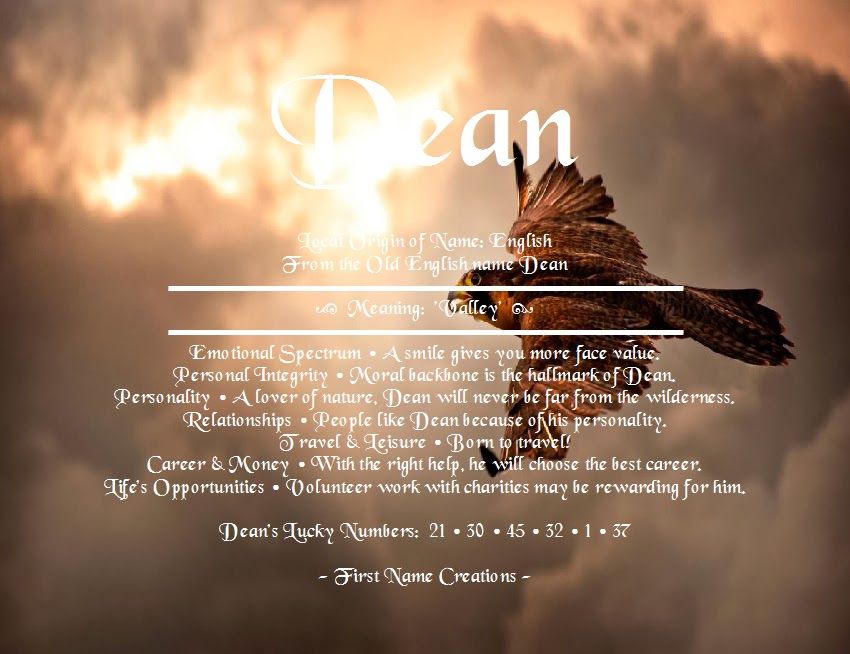
Meaning & Origin Of The Last Name
| Year | Total Babies Born | Girls Born | Boys Born | Ranking |
|---|---|---|---|---|
| 1880 | 13 | 0 | 13 | |
| 1881 | 13 | 0 | 13 | |
| 1882 | 17 | 0 | 17 | |
| 1883 | 20 | 0 | 20 | |
| 1884 | 63 | 0 | 63 | |
| 1885 | 32 | 0 | 32 | |
| 1886 | 30 | 0 | 30 | |
| 1887 | 29 | 0 | 29 | |
| 1888 | 18 | 0 | 18 | |
| 1889 | 32 | 0 | 32 | |
| 1890 | 15 | 0 | 15 | |
| 1891 | 15 | 0 | 15 | |
| 1892 | 14 | 0 | 14 | |
| 1893 | 15 | 0 | 15 | |
| 1894 | 16 | 0 | 16 | |
| 1895 | 15 | 0 | 15 | |
| 1896 | 15 | 0 | 15 | |
| 1897 | 16 | 0 | 16 | |
| 1898 | 18 | 0 | 18 | |
| 1899 | 10 | 0 | 10 | |
| 1900 | 22 | 0 | 22 | |
| 1901 | 8 | 0 | 8 | |
| 1902 | 13 | 0 | 13 | |
| 1903 | 12 | 0 | 12 | |
| 1904 | 13 | 0 | 13 | |
| 1905 | 19 | 0 | 19 | |
| 1906 | 11 | 0 | 11 | |
| 1907 | 8 | 0 | 8 | |
| 1908 | 12 | 0 | 12 | |
| 1909 | 18 | 0 | 18 | |
| 1910 | 17 | 0 | 17 | |
| 1911 | 17 | 0 | 17 | |
| 1912 | 35 | 0 | 35 | |
| 1913 | 38 | 0 | 38 | |
| 1914 | 65 | 0 | 65 | |
| 1915 | 55 | 0 | 55 | |
| 1916 | 79 | 0 | 79 | |
| 1917 | 94 | 0 | 94 | |
| 1918 | 85 | 0 | 85 | |
| 1919 | 81 | 0 | 81 | |
| 1920 | 74 | 0 | 74 | |
| 1921 | 86 | 0 | 86 | |
| 1922 | 73 | 0 | 73 | |
| 1923 | 61 | 0 | 61 | |
| 1924 | 86 | 0 | 86 | |
| 1925 | 80 | 0 | 80 | |
| 1926 | 52 | 0 | 52 | |
| 1927 | 65 | 0 | 65 | |
| 1928 | 47 | 0 | 47 | |
| 1929 | 69 | 0 | 69 | |
| 1930 | 44 | 0 | 44 | |
| 1931 | 44 | 0 | 44 | |
| 1932 | 65 | 0 | 65 | |
| 1933 | 60 | 0 | 60 | |
| 1934 | 63 | 0 | 63 | |
| 1935 | 43 | 0 | 43 | |
| 1936 | 43 | 0 | 43 | |
| 1937 | 38 | 0 | 38 | |
| 1938 | 38 | 0 | 38 | |
| 1939 | 44 | 0 | 44 | |
| 1940 | 56 | 0 | 56 | |
| 1941 | 45 | 0 | 45 | |
| 1942 | 37 | 0 | 37 | |
| 1943 | 54 | 0 | 54 | |
| 1944 | 48 | 0 | 48 | |
| 1945 | 49 | 0 | 49 | |
| 1946 | 50 | 0 | 50 | |
| 1947 | 59 | 0 | 59 | |
| 1948 | 56 | 0 | 56 | |
| 1949 | 53 | 0 | 53 | |
| 1950 | 48 | 0 | 48 | |
| 1951 | 62 | 0 | 62 | |
| 1952 | 51 | 0 | 51 | |
| 1953 | 58 | 0 | 58 | |
| 1954 | 59 | 0 | 59 | |
| 1955 | 65 | 0 | 65 | |
| 1956 | 44 | 0 | 44 | |
| 1957 | 44 | 0 | 44 | |
| 1958 | 47 | 0 | 47 | |
| 1959 | 54 | 0 | 54 | |
| 1960 | 58 | 0 | 58 | |
| 1961 | 50 | 0 | 50 | |
| 1962 | 60 | 0 | 60 | |
| 1963 | 46 | 0 | 46 | |
| 1964 | 66 | 0 | 66 | |
| 1965 | 49 | 0 | 49 | |
| 1966 | 59 | 0 | 59 | |
| 1967 | 52 | 0 | 52 | |
| 1968 | 60 | 0 | 60 | |
| 1969 | 49 | 0 | 49 | |
| 1970 | 55 | 0 | 55 | |
| 1971 | 57 | 0 | 57 | |
| 1972 | 67 | 6 | 61 | |
| 1973 | 69 | 0 | 69 | |
| 1974 | 76 | 5 | 71 | |
| 1975 | 95 | 8 | 87 | |
| 1976 | 122 | 10 | 112 | |
| 1977 | 218 | 12 | 206 | |
| 1978 | 326 | 18 | 308 | |
| 1979 | 515 | 47 | 468 | |
| 1980 | 576 | 56 | 520 | |
| 1981 | 779 | 86 | 693 | |
| 1982 | 772 | 84 | 688 | |
| 1983 | 876 | 88 | 788 | |
| 1984 | 1,082 | 91 | 991 | |
| 1985 | 1,088 | 90 | 998 | |
| 1986 | 1,460 | 132 | 1,328 | |
| 1987 | 2,086 | 135 | 1,951 | |
| 1988 | 3,003 | 245 | 2,758 | |
| 1989 | 3,623 | 341 | 3,282 | |
| 1990 | 3,803 | 368 | 3,435 | |
| 1991 | 4,404 | 511 | 3,893 | #94 boy name |
| 1992 | 4,797 | 571 | 4,226 | #89 boy name |
| 1993 | 5,632 | 790 | 4,842 | #76 boy name |
| 1994 | 6,333 | 879 | 5,454 | #70 boy name |
| 1995 | 7,993 | 1,041 | 6,952 | #51 boy name |
| 1996 | 9,471 | 1,097 | 8,374 | #42 boy name |
| 1997 | 9,687 | 1,067 | 8,620 | #42 boy name |
| 1998 | 9,664 | 1,026 | 8,638 | #44 boy name |
| 1999 | 10,208 | 1,073 | 9,135 | #42 boy name |
| 2000 | 10,735 | 999 | 9,736 | #40 boy name |
| 2001 | 13,752 | 1,041 | 12,711 | #29 boy name |
| 2002 | 13,895 | 922 | 12,973 | #29 boy name |
| 2003 | 14,070 | 885 | 13,185 | #28 boy name |
| 2004 | 14,039 | 900 | 13,139 | #27 boy name |
| 2005 | 14,231 | 758 | 13,473 | #26 boy name |
| 2006 | 15,885 | 737 | 15,148 | #20 boy name |
| 2007 | 16,037 | 708 | 15,329 | #17 boy name |
| 2008 | 14,594 | 736 | 13,858 | #19 boy name |
| 2009 | 15,146 | 684 | 14,462 | #17 boy name |
| 2010 | 14,645 | 620 | 14,025 | #17 boy name |
| 2011 | 13,545 | 551 | 12,994 | #21 boy name |
| 2012 | 13,162 | 682 | 12,480 | #22 boy name |
| 2013 | 13,064 | 707 | 12,357 | #18 boy name |
| 2014 | 14,487 | 831 | 13,656 | #13 boy name |
| 2015 | 13,759 | 834 | 12,925 | #14 boy name |
| 2016 | 12,111 | 855 | 11,256 | #18 boy name |
| 2017 | 15,138 | 1,105 | 14,033 | #5 boy name |
| 2018 | 13,484 | 1,076 | 12,408 | #10 boy name |
| 2019 | 11,513 | 993 | 10,520 | #16 boy name |
| 2020 | 10,078 | 992 | 9,086 | #16 boy name |
Surname Logan: origin, history, essence, meaning, translation and declension of the surname
Detailed information about the surname Logan, namely its origin, history of formation, the essence of the surname, meaning, translation and declension.
Contents of the surname overview
Origin of the surname Logan
ancestor features) or other generic names.
History of the Logan surname
Surnames appeared in different social strata at different times. The Logan family has a long history. For the first time, the surname Logan is found in the annals of the clergy from the middle of the 18th century. Usually they were formed from the names of parishes and churches or the name of the father. Some clergymen acquired surnames upon graduation from the seminary, while the best students were given the surnames that sounded most harmonious and carried a purely positive meaning, such as Logan.
The essence of the surname Logan spelled
The surname Logan consists of 5 letters. Five letters of the surname are an indicator of humanitarian inclinations. These people love and know how to appreciate art, they are pleasant and interesting interlocutors. Such a person will never cause the interlocutor to feel that he is dealing with a “dummy”, seeking to “splurge”. Therefore, relations with representatives of the opposite sex are always based primarily on mutual respect. After analyzing the meaning of each letter in the name Logan, you can understand its essence and hidden meaning.
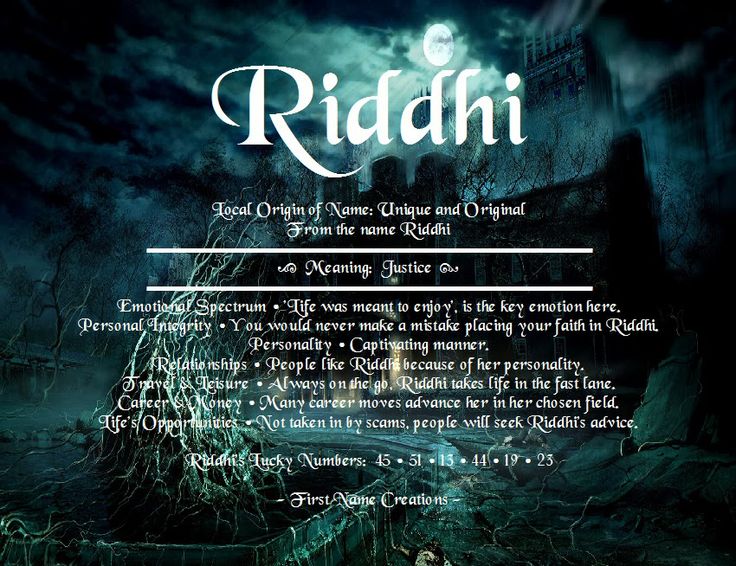
 The work shows diligence. Dislike for work, not causing interest. The presence of a critical mind and a categorical rejection of routine work. Inability to relax in society, constant tension and doubts.
The work shows diligence. Dislike for work, not causing interest. The presence of a critical mind and a categorical rejection of routine work. Inability to relax in society, constant tension and doubts. Meaning of the surname Logan
The surname is the main element connecting a person with the universe and the surrounding world. It determines his fate, the main character traits and the most significant events. Inside the Logan surname lies the experience accumulated by previous generations and ancestors. According to the numerology of the surname Logan, one can determine the life path of the clan, family well-being, advantages, disadvantages and character of the bearer of the surname. The number of the surname Logan in numerology is 4. People with the surname Logan are stubborn and wayward people moving towards their goal. The number 4 in the surname endows its bearer with perseverance, determination and a sufficient amount of strength. Such persons are not very sociable: they diligently avoid companies and try not to waste their free time in vain.
In their psychological matrix there are elements of melancholy, which is actively manifested in difficult situations. These are thinkers who carefully consider their steps. They consciously avoid risk and most often use proven methods to achieve the goal.
Higher powers endowed bearers of the Logan surname with powerful protection. They protect these people from life’s hardships and all sorts of troubles. As soon as a person begins to move in the wrong direction, a completely outside person comes to his aid and points out the right path. Such people value their freedom and do not tolerate intrusive control. If they are provided with good conditions, then over time, the carriers of the Logan surname reveal their potential.
In ordinary life they are called eccentrics and closed people: while others think about entertainment, fours hatch global plans.
 They take their mistakes hard and dislike public speaking. In the classroom, they are often the best students, but they avoid the position of prefect and group leader.
They take their mistakes hard and dislike public speaking. In the classroom, they are often the best students, but they avoid the position of prefect and group leader.
Most often, people with the surname Logan build their family life on the foundation of love and understanding. They do not recognize marriage of convenience and openly despise gigolos. Marriage is possible because of careless sex, as a result of which a child was born. In this case, the bearer of the Logan surname simply follows their moral code and provides protection for their blood. They are not interested in noisy companies: they are happy to change them for a family dinner or watching a new movie at the cinema. They are not prone to betrayal and are able to defeat their secret desires. As a rule, their family is financially secure, and comfort and order reign in their house.
People with the Logan surname are often interested in science, and therefore become scientists with a doctoral degree.
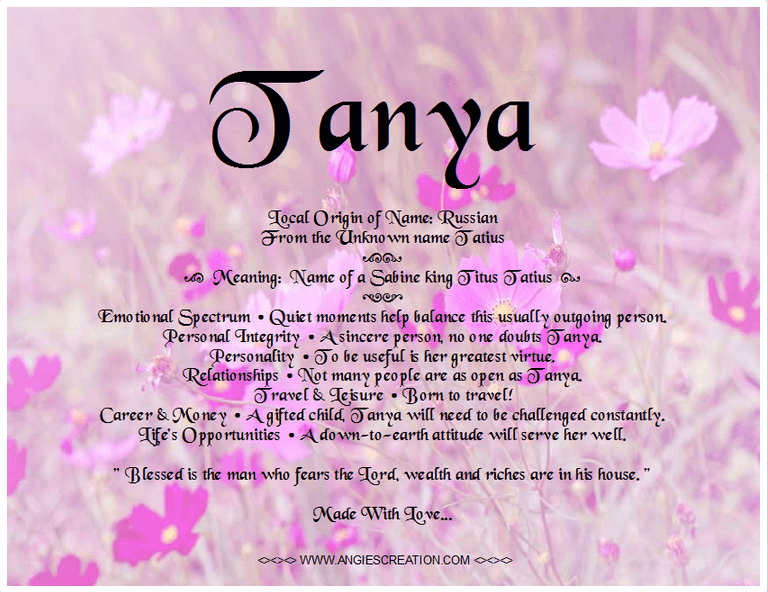 These are potential doctors and diagnosticians: they perfectly understand the intricacies of the course of a particular disease, they are able to find the hidden causes of the disease. Representatives of the Logan family can succeed in the legislative field. They can be excellent lawyers, lawyers and judges. They rarely aspire to leadership positions: most often they are content with the role of deputy or leading specialist of the department. If you have a penchant for mathematical sciences, a career as an accountant or economist is possible. In the business sphere, they show themselves from a bad side: they do not know how to respond to market changes, they have a poor sense of potential opportunities.
These are potential doctors and diagnosticians: they perfectly understand the intricacies of the course of a particular disease, they are able to find the hidden causes of the disease. Representatives of the Logan family can succeed in the legislative field. They can be excellent lawyers, lawyers and judges. They rarely aspire to leadership positions: most often they are content with the role of deputy or leading specialist of the department. If you have a penchant for mathematical sciences, a career as an accountant or economist is possible. In the business sphere, they show themselves from a bad side: they do not know how to respond to market changes, they have a poor sense of potential opportunities.
Surname Logan — purposefulness, poise, honesty and devotion. These are responsible people who fulfill all their obligations. Fairly quiet and calm people who avoid conflict situations.
How to spell the name Logan
In Russian, the correct spelling of this surname is Logan.
Logan declension
| Case | Question | Surname |
| Nominative | Who? | Logan |
| Genitive | No Who? | Logan |
| Dative | Glad To whom? | Logan |
| Accusative | See Whom? | Logan |
| Creative | Satisfied with whom? | Logan |
| Prepositional | Thinking About whom? | Logan |
Video about the surname Logan
Do you agree with the description of the name Logan, its origin, history of formation, meaning and the stated essence? What else do you know about the Logan name? What famous and successful people with the surname Logan do you know? We will be happy to discuss the name Logan in more detail with visitors to our site in the comments.
If you find an error in the last name description, please highlight the text and press Ctrl+Enter .
Categories Popular
A Fountain of Joy named Andrew Logan
Sergey Timofeev
A conversation in Riga with a British artist, sculptor, jeweler and eccentric
05/11/2017
“There is not a single thing in my wardrobe that is black. I mainly wear orange, bright pink, green — the colors of nature and joy. So says Andrew Logan, artist, sculptor, jeweler, eccentric and philosopher of life. In Latvia, his name is associated with the already legendary projects of the Untamed Fashion Assembly, whose events in the first half of 19He adorned the 90s with himself as a representative of some amazing bright and colorful world in which we all, as it seemed then, would gradually and undoubtedly find ourselves. But the Assemblies have long ceased, and black is still the most popular color at the beginning of the 21st century.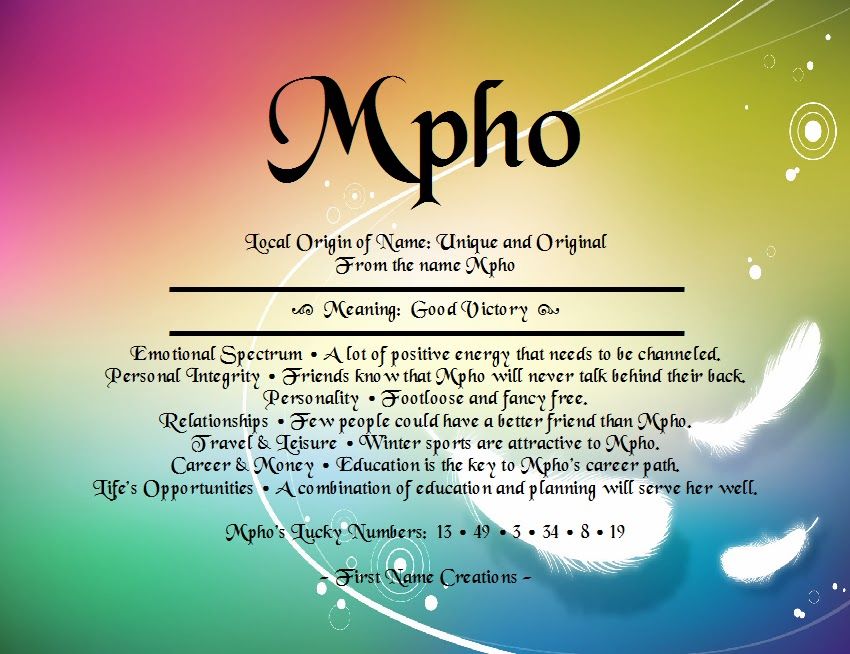
In a couple of days that he was in Riga, he managed to prepare and hold the opening of his exhibition, give a lecture at the Mukusala Art Salon and visit a lot of places together with his old friend and inspirer of the then Assembly Bruno Birmanis. This is just amazing and enviable energy, given the quite respectable age of Andrew Logan. I will not name him, consider for yourself, I will only report that he was born at the end of 1945 in a large family of six children, the third child in a row. At 1963 Andrew entered, and in 1967 graduated from the Oxford College of Architecture. He turned his room at 10 Denmark Street, where he lived during these years, into a space with cotton clouds, plastic grass and a lamp in the shape of a huge daffodil made of papier-mâché.
Andrew Logan in the 10 Living Rooms exhibition catalog at 1970
He conceived his early works already in the late 1960s, but his first professional recognition came in 1970 when he created his room for the sensational exhibition «10 Drawing Rooms» in London ICA ( Institute of Contemporary Arts ), somewhat reminiscent of his home in Oxford, because clouds of cotton wool, plastic grass and a daffodil lamp migrated there. Around the same time, he meets his first patron, friend, and inspiration, “bohemian queen” Thea Porter, who commissions him to design his first sculpture (“The Nine Foot Silver Lily”) for her Soho shop.
This is how his career as a sculptor begins, leaving his impressive marks not only in different parts of the UK (for example, the six-meter self-made Millenium Pegas ), but also in other countries, up to Bombay Airport, famous for its extensive collection of art in Terminal 2 .
This is what his website says: “Andrew Logan belongs to a unique school of English eccentrics. One of the UK’s most important sculptors, he defies convention, mixes media and plays with accepted artistic values. From the beginning of his career, Logan’s work often depended on the inventive use of what was at hand. With talent and imagination, he turns real objects into their new and strikingly different from the original version. His artistic world includes fauna, flora, planets and gods.»
You can see all this in detail in small but attractive jewelry in Riga until May 31, and I had a chance to talk about it with the artist himself, a wonderful English gentleman, an optimist and a person who is extremely attentive to those who are near him.
In the biography on your website, I managed to read that you belong to the “English eccentrics”…
Yes, they say so.
But what do you think connects you with this direction or this group of personalities in English culture?
This brings to mind the 20s of the twentieth century, Virginia Woolf, for example, although we always had enough eccentrics. Maybe because we were an empire. And I’ve been called that for a long time. But you know, when I now go into the subway, I look in one direction: everything is in black, I look in the other — the same thing. And I’m wearing bright red or light pink and I’m like, “Oh! Color…” Because I love color, I always liked to dress like a party. And I’m not a member of any art group as an artist, I don’t have my own gallery.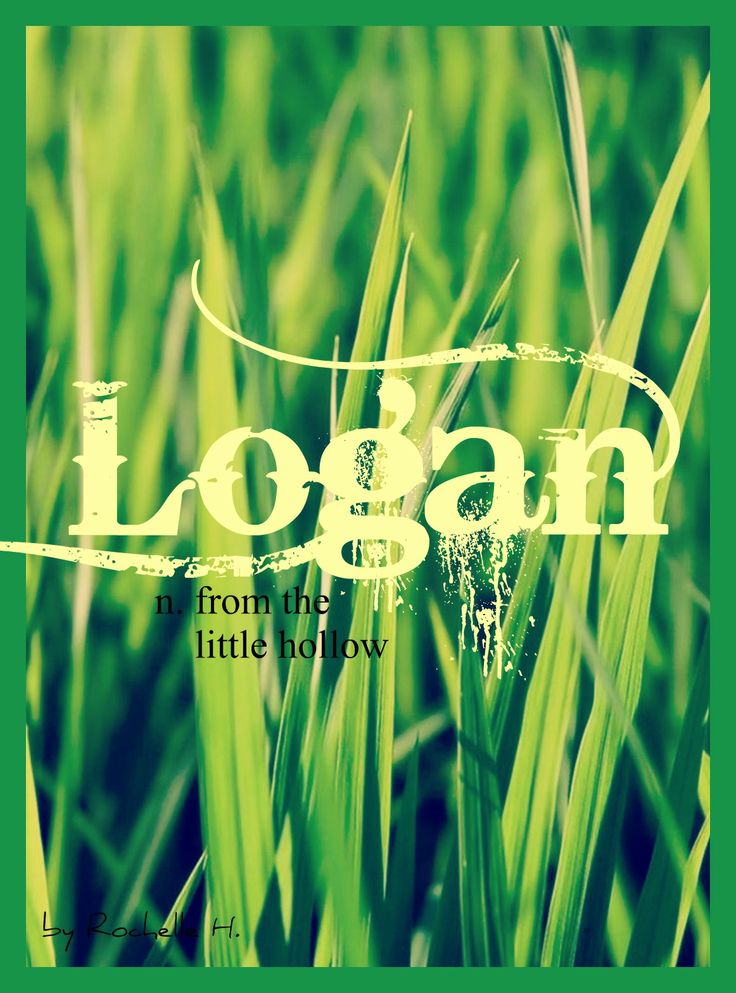
However, you have your own museum!
Sergey, yes, I have a museum! Which makes me even more eccentric. ( Laugh. ) I’m probably the first living artist with my own museum. Which has been open for 26 years. My works are about joy, happiness and the celebration of life. This is my message. And that’s what the museum helps to understand. It is located in a wonderful area, in places where there are truly more sheep than people, there are green hills, rivers, many oak trees, just like in Latvia. And this museum is a legacy that I will leave behind. My works are also in collections, of course, although there are not so many people in the world who really understand me. For example, Rebecca Hofburger from the American Museum of Visual Art in Baltimore — she has a collection of my work. She imagines what they are about: the physical manifestation of the spiritual. They make people smile. I like the color, I like the chic0138 glamor . And these are quite natural things.
Andrew Logan. Black Icarus. 1999. Photo Courtesy of the American Visionary Art Museum
Maybe being an eccentric means being able to enjoy life? Not to spend a fortune on your whims, but to be able to get out of the functional routine, stop, look around, notice something beautiful …
People love to read about eccentrics. People generally like to put everyone in groups — by skin color, gender, and so on. Some are fat, some are thin, some are young, some are old. Although we just live together, that’s all. However, that’s how it works — like selling books. After all, you probably want to read something «about English eccentrics.»
But if you think about the kind of people I’ve known… they just lived their lives the way they wanted to.
It also seems to me that the very definition of «eccentric» is something of an excuse for people who lead a «normal» life. «He’s an eccentric — and God bless him!» “She is an eccentric, and what can you take from her …” As it were, the question is closed.
Yes, exactly. Okay, he’s an eccentric. All clear. We drove.
Andrew Logan. Goddess . Early 80’s
You know, in several articles about you, I came across a description of your visit to the exhibition of ancient Egyptian art in the Museum of Archeology, Painting and Silverware at Oxford University, when you were only nine years old.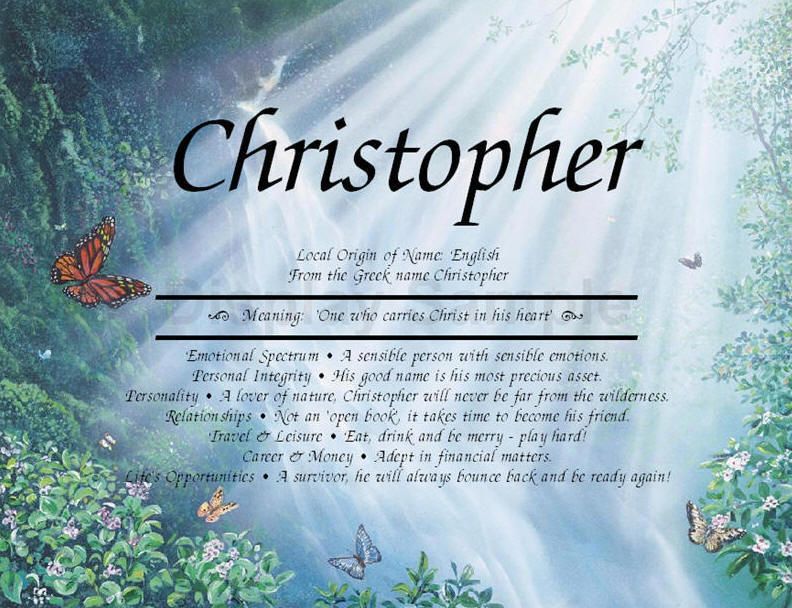
This is one of the first museums in the UK and one of the best. We lived very close, about nine miles. And so we went there … Now it is modernized and «glamorized», and then it was all dusty and dim. And there was this long elongated space — the hall with the art of ancient Egypt — and I was walking past a long line of mummies. For an impressionable boy like me, such a day was an amazing event.
But why is this considered key for you? Almost a revelation… ( Laughing. ) What impressed you so much there?
All these faces in their drawings. Their eyes. The atmosphere of this place. Wherever we go, every place will have its own atmosphere. Here too ( gestures around room ) — she is her own. And then I lived with my parents, we were five brothers and a foster sister, my parents did not earn much, but I had a very happy childhood, which is incredibly important.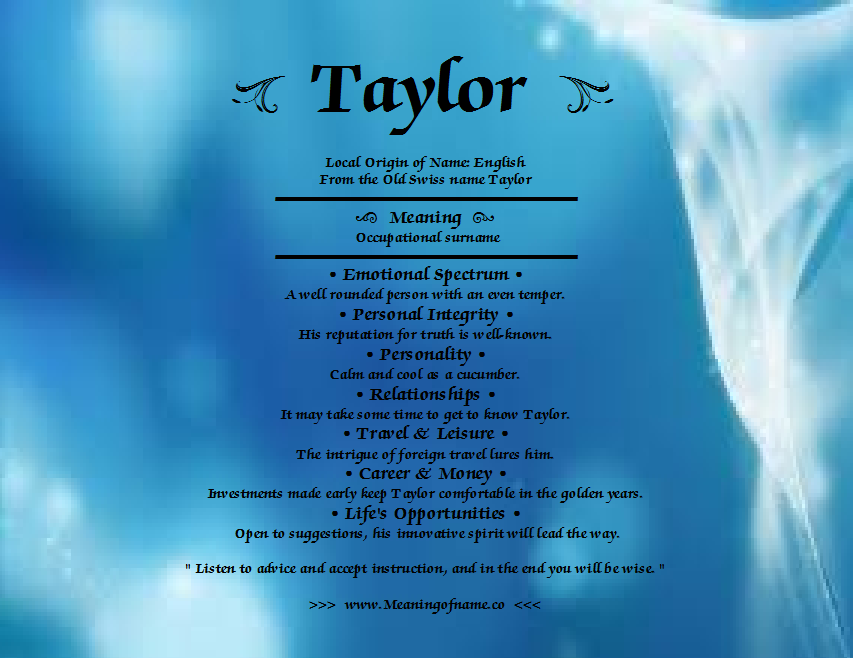
At the same time, I really like the combination of discipline and play. You know, like the Google offices, where they have gyms and stuff to play with. It seems that the world is generally moving towards the game. I often travel to India and visit Vrindavan, where there is a large Hare Krishna center. I’m not that «initiated», but I’m staying there in the ashram with a family that I’ve known for many years. And the local shivatsu always tells me: “You are born … And you die. What will you do in between? Have fun!» This is a pretty good idea. I would like the whole world to develop in her spirit. We are born, we have an excellent time, and the world becomes happier from this.
But there are things that slow us down in this sense. Capitalism, which makes you consume more and more.
Andrew Logan. Cosmic Egg. Courtesy of the American Visionary Art Museum. Photo: Judit Bozsá
Is India an important place for you in general?
When I flew there for the first time in 1982, I felt as if I had come home. Just like in that room with ancient Egyptian art. It was complete dissolution in the atmosphere, in sensation. Everything that I had explored and discovered for myself before — in terms of color and image — everything was already there, in India. Or, you know, these installations that artists love to do these days. Walk the streets of Indian cities — they are already there!
I always tell people who go to this country: you have to re-educate your senses, your perception. Touch, smell — forget everything and start from scratch if you are going to India. And there are a billion people living there. Think about it — it’s a shock! ( Laughs.
I work a lot in India, and my most large-scale work was done there. For example, Cosmos Within . She can now be seen at the Bombay airport, where my friend Rajiv Seti ( Rajeev Sethi ) has collected more than one and a half kilometers of art. It’s amazing — a museum at the airport, a kind of showcase for India, where I was also invited.
At one time you were educated as an architect…
Yes, I studied in London for five years, and then took a course in America. This is a very useful education that includes understanding things related to sociology, structures, design. There are so many aspects. If you think about it, imagine: what it is like to think over a sewerage scheme in 90-storey building? Imagine what the consequences could be if you do it wrong? But everyone takes it for granted, for granted. And so you learn these things. And this, of course, helped me in creating my sculptures, especially moving ones.
Cover of the Ten sitting rooms exhibition catalog and Andrew Logan’s room at Oxford in 1968 (from the same). Photo: paulgormanis.com
But as an artist, you started not with sculpture, but with installation…
Yes, Ten sitting rooms . In fact, it will be shown again from July 1 at Buckland Abbey , in a space owned by National Trust . And there will be a number of other important works for me. The first portraits or Golden Field ( Golden Field) from 1977. This field of golden wheat is 4.5 meters high, exactly 76 stalks, and mirror butterflies fly around them.
Mirror, glass — I have been working with these materials all my life, they have fantastic possibilities. And I like to have a hand in everything. Many, you know, just give orders on the phone, and at the same time they are very successful! But this is a different path… The very moment of manual labor is important to me, the interaction of hands and brain, its imprint in the work.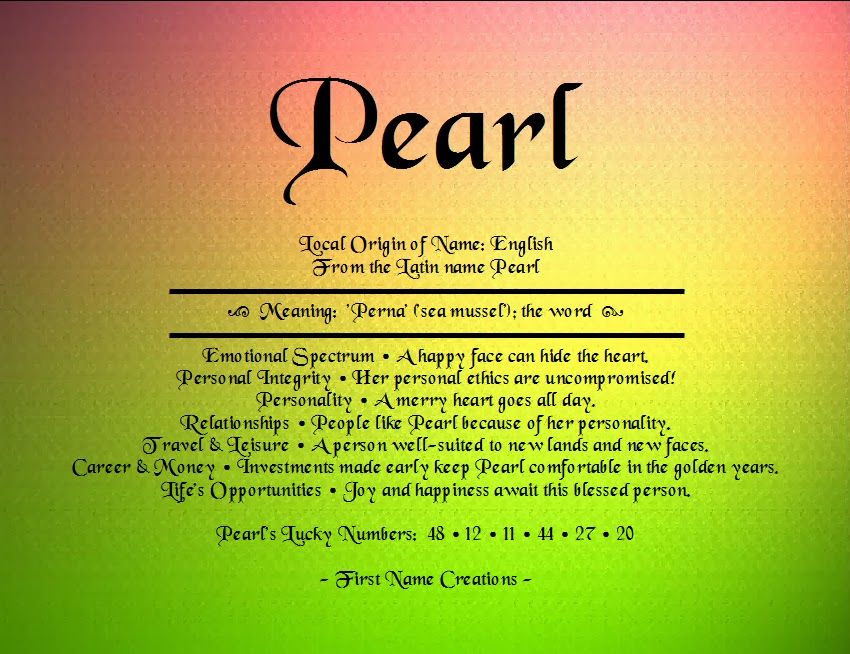
By the way, I did quite a few sound installations: Two Singing Trees , The Annely Record Player , Music Atmospheres .
How did you get into the current of alternative fashion? Was it a bit later than your early sound installations?
No, around the same time. In the 1970s, when I lived in London, my first patron was fashion designer Thea Porter ( Thea Porter ), the daughter of a missionary, a very educated, intelligent woman who knows French. She has dressed The Beatles , Barbara Streisand, Elizabeth Taylor, clients of that stature. And we became friends. She liked my work, she ordered several sculptures from me. I made some huge silver lilies for her shop, and for her house, a palm tree with hearts hanging from it.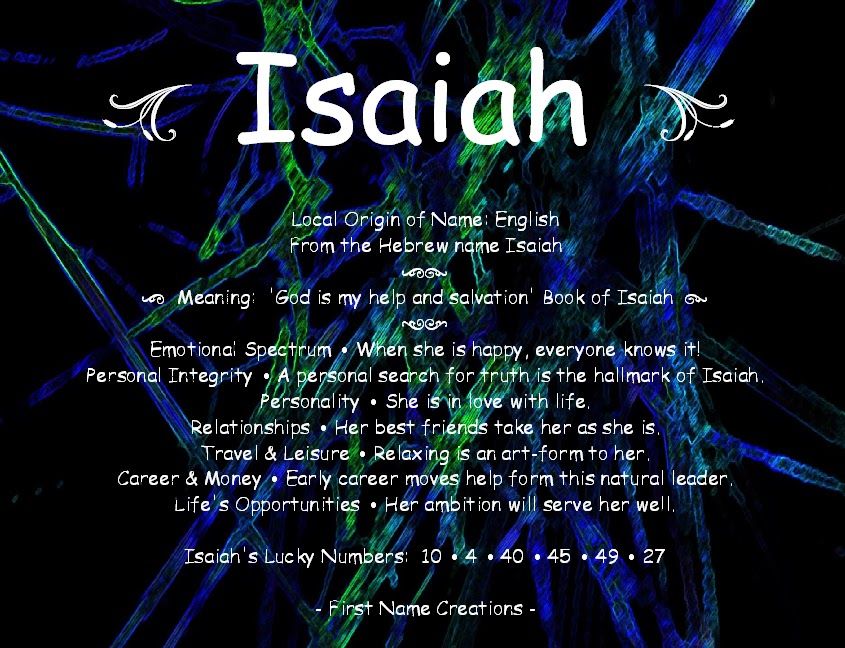
The 1970s were an interesting time, because fashion was then perceived more as fun , no one made much money on it. Models were friends of designers, no one paid them crazy money. And if money does not play a big role, then it turns out a completely different story. At that time, I met many artists from this field, including Zandra Rhodes ( Zandra Rhodes ), with whom I then came up with various things together for many, many more years. I was with her in Riga, on my previous visit, at 1999th, at the last Assembly, when we had a screening at the National Opera House. It was fun. We made such canopies in which we seated the models, and their men carried them onto the stage. So the models didn’t have to move at all! They just sat through the show!
It must have been a nice event for them…
And it was quite spectacular… So already in the 1970s I was very involved in this world.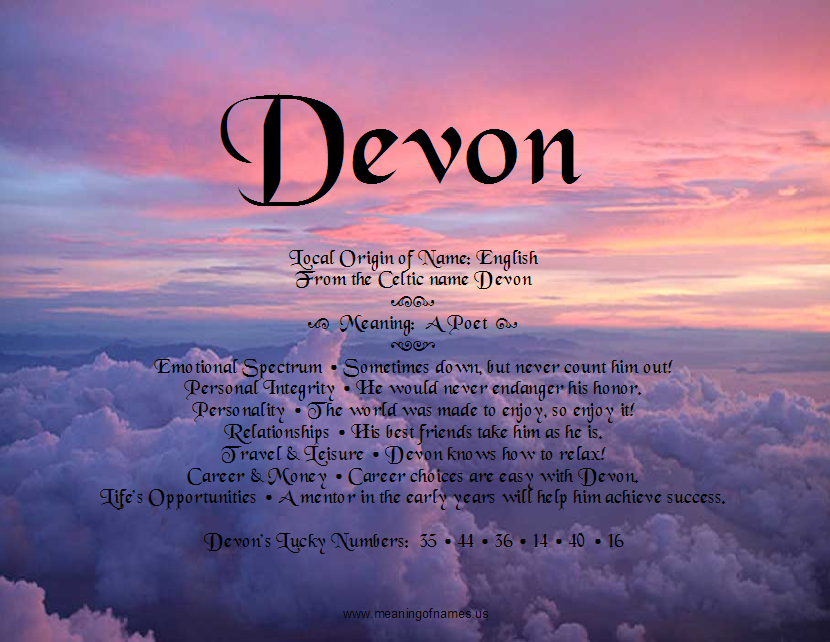
discipline. There is creative self-discipline, and there are things that come from outside and dictate what needs to be done. All this schedule of collection shows, spring-summer, autumn-winter. A kind of conveyor…
Yes, I know Rei Kawakubo, who founded Comme des Garçons. She has no vacation at all now, she works 52 weeks a year. Incredible!
I go to Goa every year, spend three weeks there.
This thirst for money… I can still understand why it was here, after the Soviet Union, after decades of total scarcity. But in other places… And I ask myself again — how do we find this middle way?
Maybe it was found in Scandinavia? With its democratic state socialism…
Do you mean Sweden? Or Finland? Yes, probably. But these are small states. Is this possible in India? Although there is a kind of democracy there. Everyone there is his own boss. In China, it is different — this mass character is clearly felt there, en masse . But in India, no. Fundamental difference. There, everything is decided between individual people, and this gives a rather warm feeling.
I read that there is also a tailor in India who makes clothes for you.
No, now I have a tailor from Goa. A great. But you know, in India you always have to follow the sewing process yourself.
Because everyone is their own boss?
Yes, exactly! “I just thought this sleeve could be shorter”… I make quite a few vests. This one I’m wearing is altered from a handkerchief given to me by Zandra Rhodes. On it is her ornament. Sometimes I invent things for my friends too.
A fragment of Andrew Logan’s exposition in the Riga concept store BOLD . Photo: Didzis Grodzs
You also started making jewelry for friends, right? You know, my colleague Una Meistare came to our editorial meetings wearing your jewelry more than once. I had the opportunity to see them live .
Oh, they are magical, I tell you! And I always say this to people who buy something from my things.
And I did my first things in the 1970s. For the same Thea Porter, who was the star of shows and nightclubs. Then more for other friends. Only 10 years later I started selling them, before that I just gave them away. I think this is important.
I have never dealt with PR and marketing in my life, which is now taught to artists almost from the cradle. And this, in my opinion, suppresses artistic freedom. You need space to breathe freely in it. In London, in this sense, it is rather sad now. It’s still a great city, but so expensive! All young artists move either to Berlin, or somewhere in the provinces, to Bristol and so on. Because you can’t breathe there. And it’s sad because the city is losing its creative power.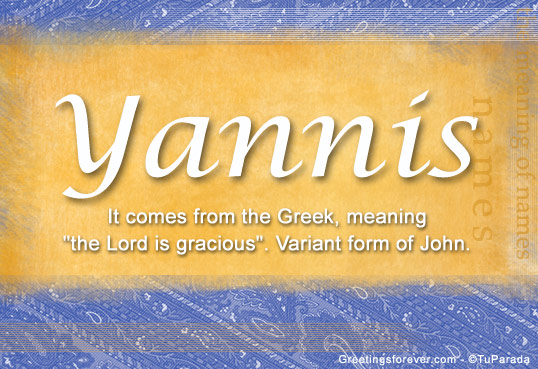
My mother used to say you should have two pence: one pence for bread to survive, and the other pence for a rose to live meaningfully.
At the exhibition of Andrew Logan in the Riga concept store BOLD . Photo: Didzis Grodzs
Wonderful! How do you think London has changed since Brexit?
He starts to change. But this is a huge city, it is an integrity, a totality in itself, like New York or Moscow. Russia is Russia, and Moscow is Moscow. London is not the United Kingdom. There is still a drive in it, everything is happening here, but this will change. On the other hand, Brexit is not an isolated case, look around, at what is happening in the US, at the rise of the right in France. There is a wave.
But what can an artist do when the world moves in a direction that seems unacceptable to him?
Good question.
I’m going to answer your question. Okay, the world is changing. But why should this stop us from creating the things we want to do? During this visit, I visited your National Art Museum. People in the Soviet period lived under much more powerful pressure, but they, in their workshops, in attics, did what they saw fit.
Andrew Logan and Miss Zero (Sasha Frolova) at the Alternative Miss World contest in London in 2014. Press photo
In the course of your career, you also influenced the direction in which the world can move. I mean the contest «Alternative Miss World», which had and still has its own social message — to bring to the stage those who were deprived of such an opportunity, who for various reasons did not fit into the standards.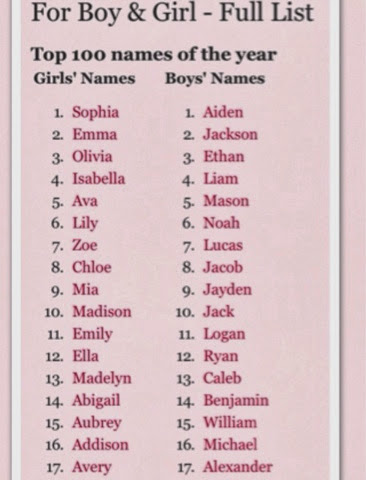
Alternative Miss World is a surreal family entertainment show. This is how we formulated it for ourselves. And we held 13 competitions, by the way, the next one is already on the way, in 2018 — we will hold it in theater Globe . We just let people express themselves. We don’t try to control everything, we don’t have any rehearsals, it’s kind of organized chaos. And we do not put any labels on what is happening. It’s not a gay festival or anything, it’s Alternative Miss World. Gender, age, profession are unimportant. We’ve had farmers, pub owners, scientists, financiers there. And Andrei Bartenev participated there, in 1995. By the way, in Russia, it seems to me, this competition was fully accepted, they understood this importance of transformation. In a very human and humorous way. I do not know why.
It must have been in the 1990s and early 2000s, when a rapid transformation was taking place in Russia and in itself.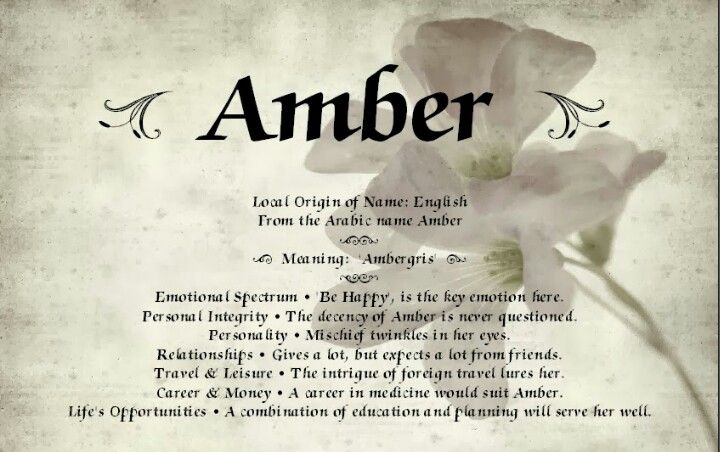
Maybe. But in 2014 in London, the title of «Alternative Miss World» was given to Sasha Frolova from Russia. By the way, she makes incredible sculptures!
My two brothers and sister also participated in the competition, so it’s really a family event. And it’s pretty irregular. It can take place every five years. Or maybe once every eight years. But a pause of five years is the minimum. Because it’s a lot of work — I myself make the crown for the winner, I think over the atmosphere. That’s like six months of preparation for one evening! Although we usually have a lot of volunteers there who really want to help, because this event already has a legendary status. And when it happens, there is a very special feeling. Absolutely magical.
It’s the same magic as these jewelry…
They shine on you. And in a metaphysical sense.
Here, in Riga, we have brought a rather interesting selection, there are also relatively old works.
I have a problem in this sense — I work, I create sculptures in such a way that things accumulate around me all the time, a lot of things. But it’s good that there is a museum. Which is not so easy, because the whole system of grants in England is now simply dissolved. And not many people get there, it’s still not London, but Middle Wales. Although this is also good in its own way. You have to make a kind of small pilgrimage. In addition, I am generally a supporter of cultural decentralization.
Well, we are gradually moving towards the last question. You have seen a lot in life, experienced a lot. If you had the opportunity to meet your 1960s self as a student, what advice would you give to yourself?
Advised… Follow your heart and do what you must. But remember about your neighbors, about those who are nearby. Be kind to people. That’s all really.
Andrew Logan at the opening of the exhibition in the Riga concept store BOLD . Photo: Didzis Grodzs
Compatibility of names Logan and Gulya
A favorable combination in which partners feel and understand each other perfectly. It will be easy for them to agree, since they are both friendly, active, decent and strive for constancy and comfort. A stumbling block in relationships can be the conservatism of partners, which can interfere not only with well-being, but also with the upbringing of children, who will then find it difficult to adapt to life and change.
Logan will treat his partner with respect, and Gulya will appreciate his care and patronage, so partners should plan a serious relationship and, for complete happiness, learn to accept changes and adapt to them.
Pros
- General outlook on life;
- Mutual understanding;
- Maturity and independence;
- Sexual harmony;
- Ability to save and earn money.
Cons
- Conservative;
- Resistance to change;
- Vengeance;
- Inability to forgive each other;
- Inability to say goodbye when necessary.
98% In love
96% Married
81% In bed
97% In friendship
Horoscope of compatibility!
New, more complete and deeper compatibility horoscope. Analysis of relationship expectations, degree of fit, and a detailed description of compatibility.

 .. (More are available in all our PDF Extended History products and printed products wherever possible.)
.. (More are available in all our PDF Extended History products and printed products wherever possible.)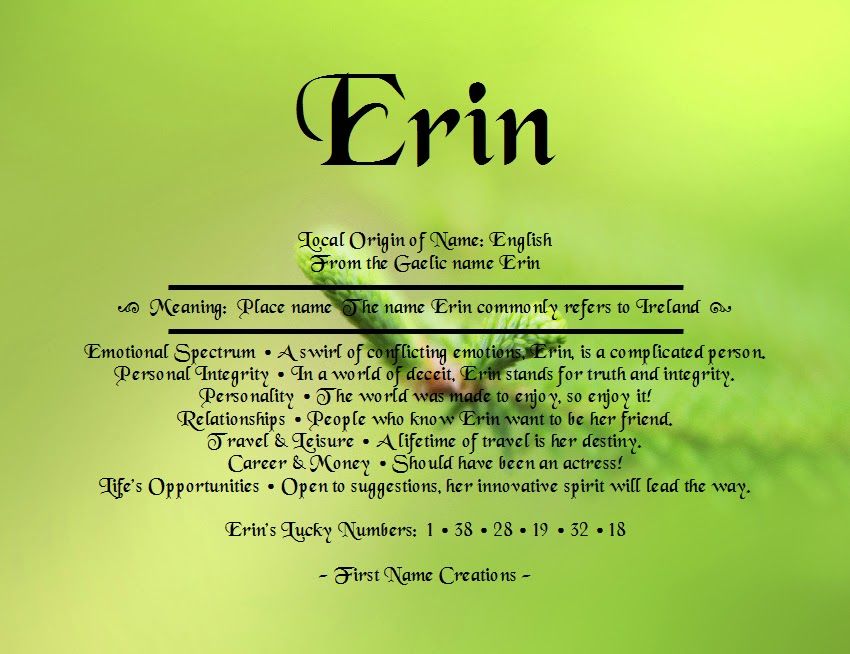 .. (More are available in all our PDF Extended History products and printed products wherever possible.)
.. (More are available in all our PDF Extended History products and printed products wherever possible.)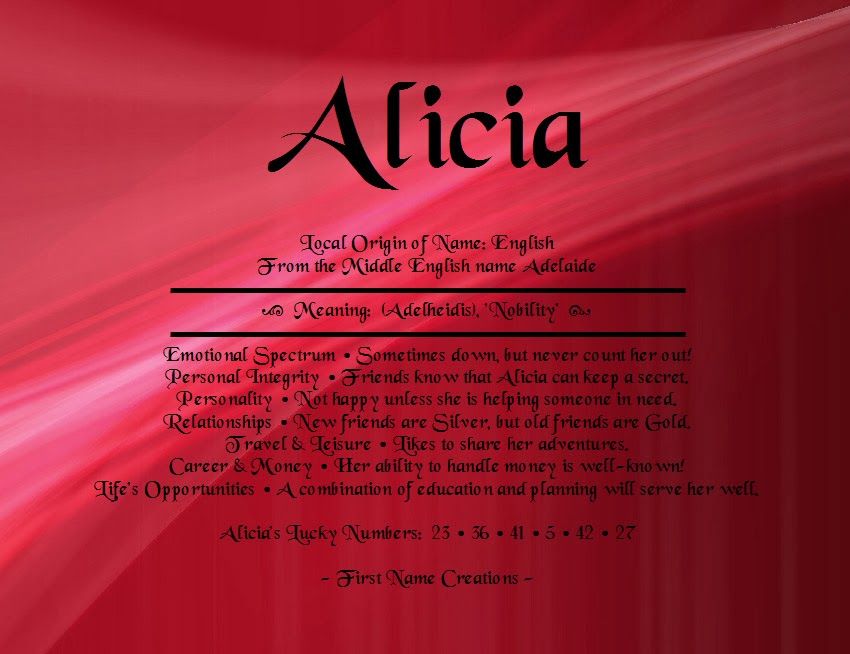 Roger Logan, English convict who was convicted in Lancaster, Lancashire, England for 14 years, transported aboard the «Captain Cook» on 2nd May 1833, arriving in New South Wales, Australia [12]
Roger Logan, English convict who was convicted in Lancaster, Lancashire, England for 14 years, transported aboard the «Captain Cook» on 2nd May 1833, arriving in New South Wales, Australia [12] T. Logan, British settler travelling from London, UK aboard the ship «Bengal Merchant» arriving in Port Nicholson, (Wellington Harbour), New Zealand on 20th February 1840 [14]
T. Logan, British settler travelling from London, UK aboard the ship «Bengal Merchant» arriving in Port Nicholson, (Wellington Harbour), New Zealand on 20th February 1840 [14]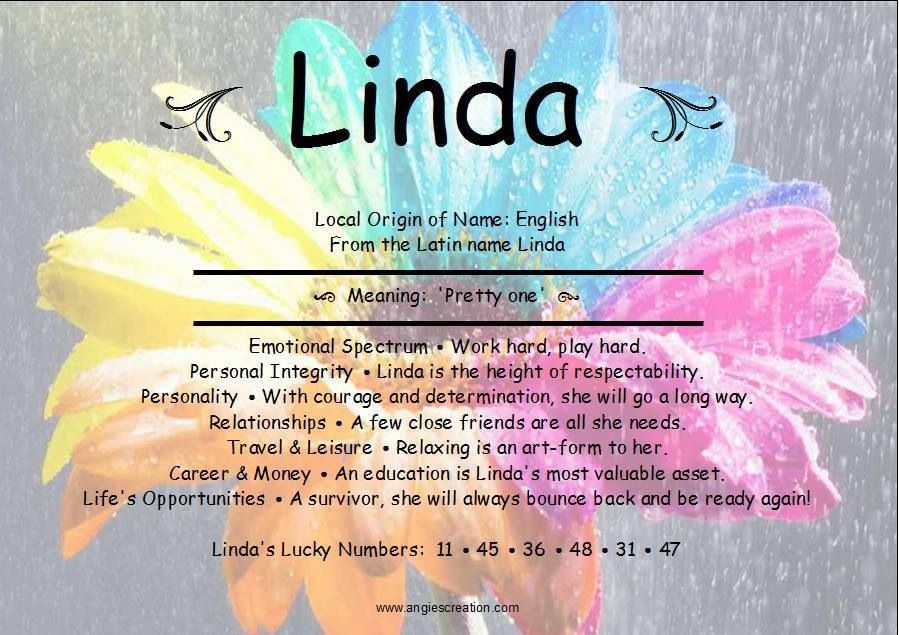 1891), American Assistant Commanding General 26th Division (1942-1943) [15]
1891), American Assistant Commanding General 26th Division (1942-1943) [15]